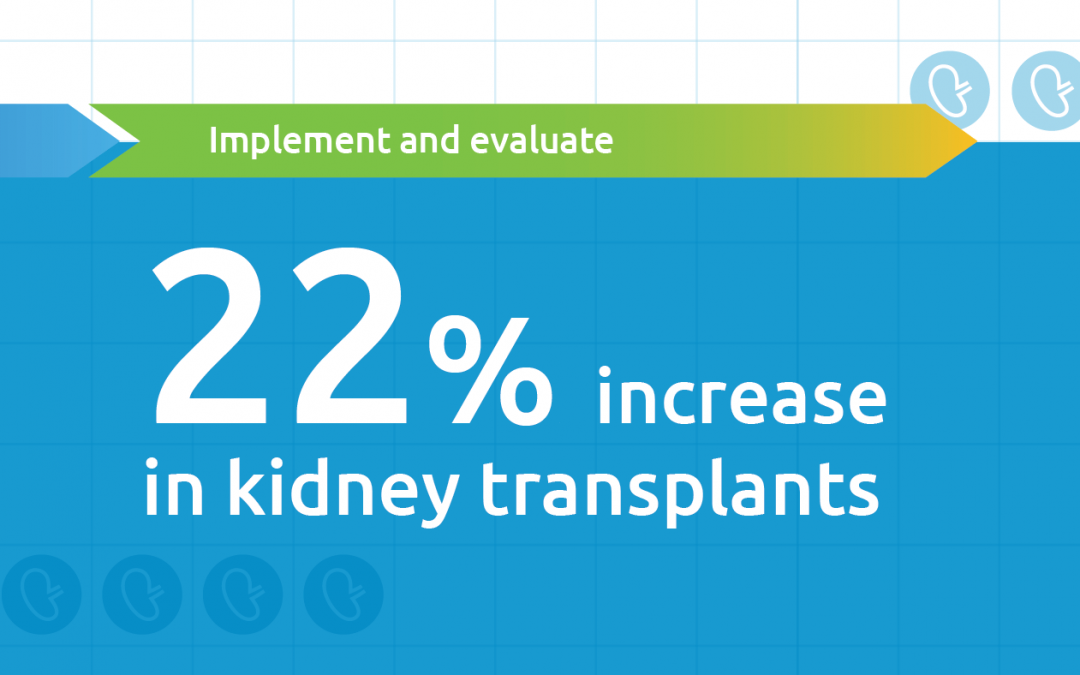in focus
Latest data report shows new policies are working as predicted.
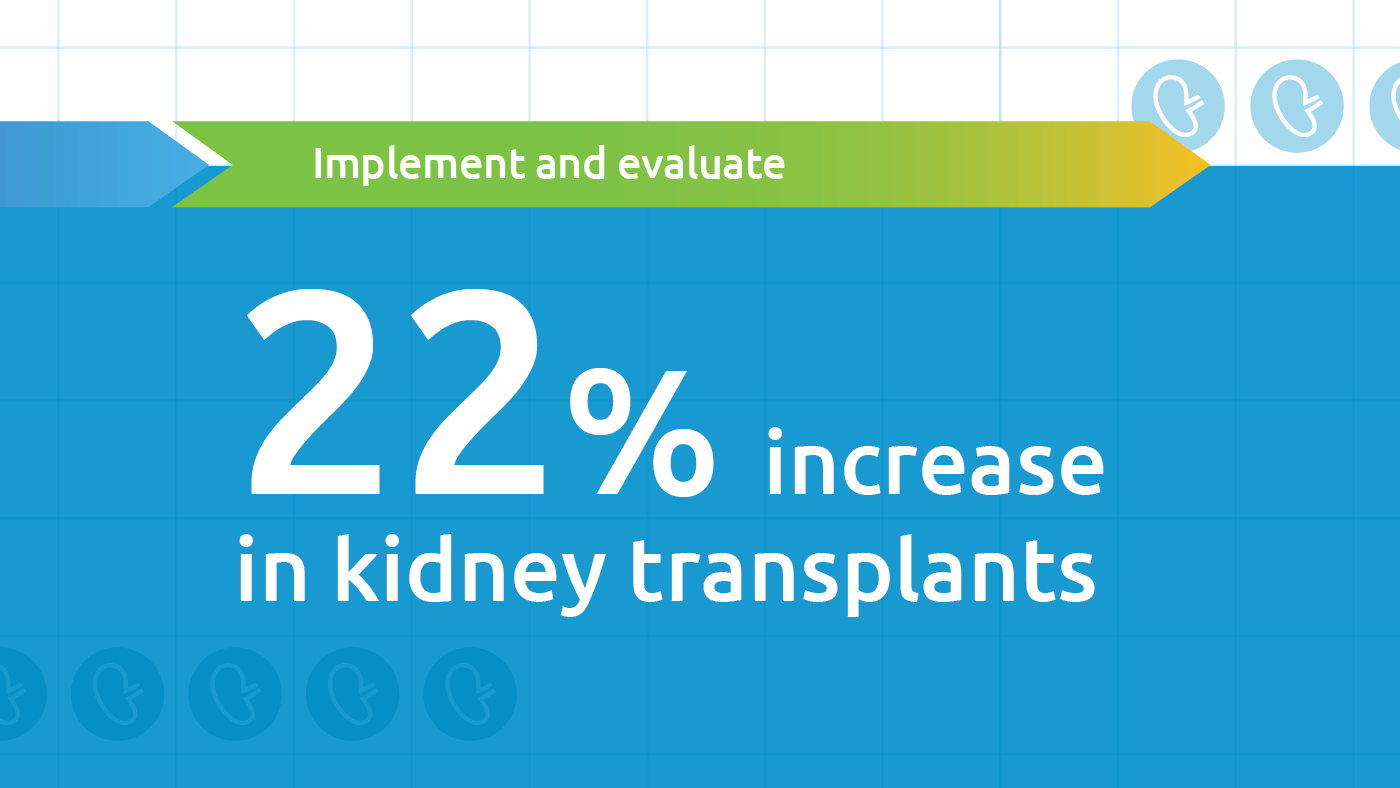
Kidney transplants have increased for all age groups, ethnicities, blood types and diagnoses since the implementation of new allocation policies earlier this year.
In March of this year, changes to kidney allocation took effect that aimed to distribute organs more broadly and increase access to lifesaving organs. Now, the most recent data confirm that the policies are working as intended. The latest monitoring report shows kidney transplants for all populations have increased following the implementation of the new policies.
- The post-policy era saw a 22 percent increase in kidney transplants when compared to the pre-policy era, from 4,926 to 6,025
- The average number of transplants per week increased by more than 19 percent in the post-policy era, from 331 to 395
- Transplants increased for all age groups, blood types, CPRA and diagnoses
The new policies were projected to increase equity in access to kidney transplant by distributing organs more fairly to people waiting for an organ. Kidney allocation is now no longer tied to artificial boundaries related to organ recovery, and all patient populations are experiencing increases since the changes were implemented.
The full report
Read more key takeaways from the report, which contains key measures of the first three and a half months of the new system. Access the full report on the OPTN website.
Read more

In focus
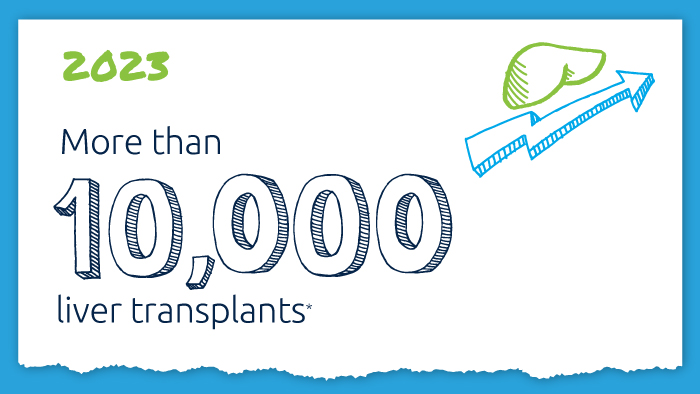
A decade of record increases in liver transplant
10,660 liver transplants, the most ever in a year.
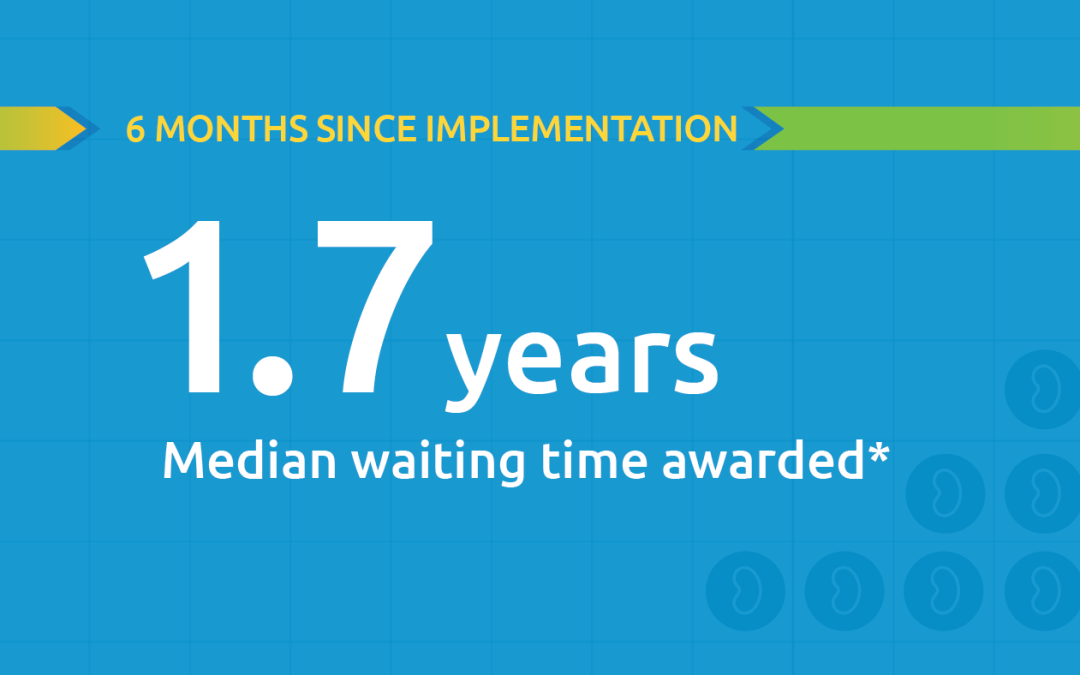
Black kidney candidates are receiving waiting time modifications, helping them get the organs they need
Latest kidney monitoring report shows two new kidney polices are working as intended

Research in focus: examining organ offers
Three recent studies from UNOS researchers examine offer acceptance practices and impact of Offer Filters tool.
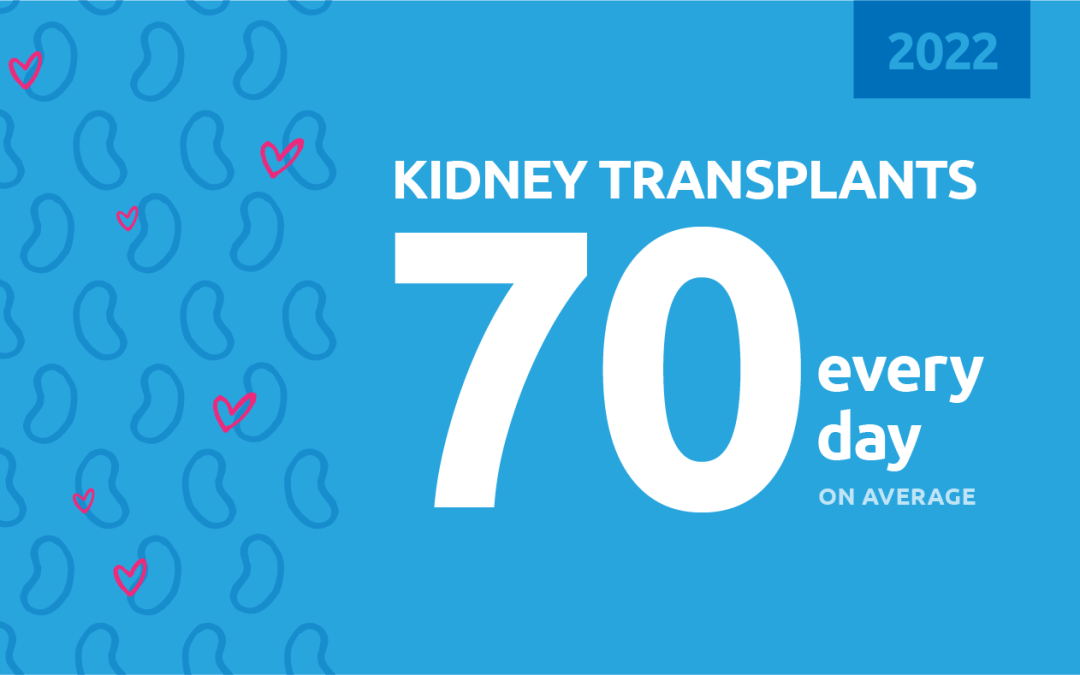
New milestone reached in kidney donation and transplant
For the first time, more than 25,000 kidney transplants were performed in a single year

